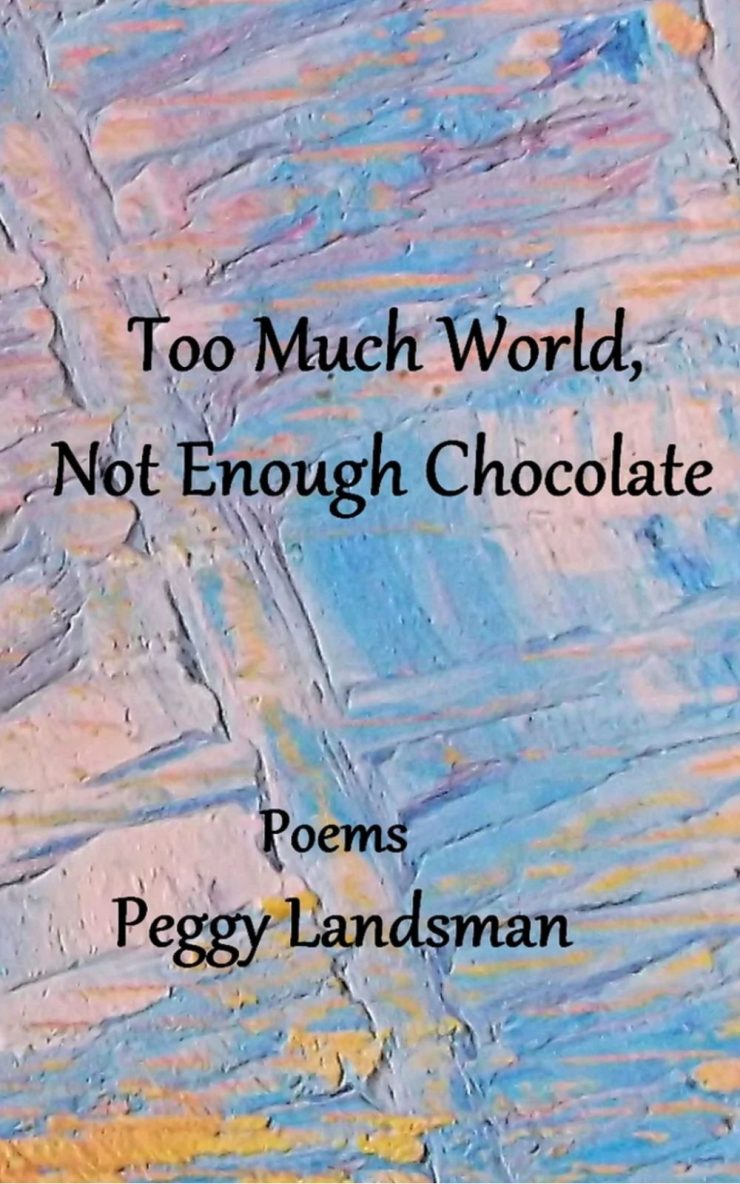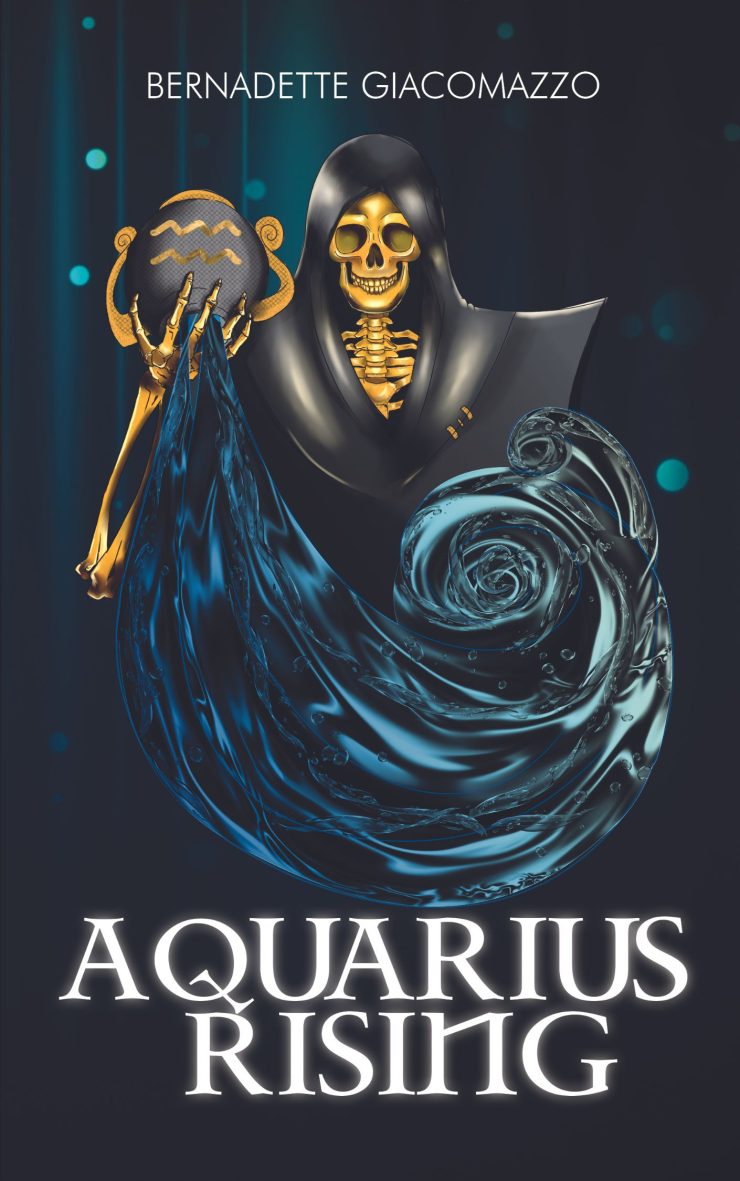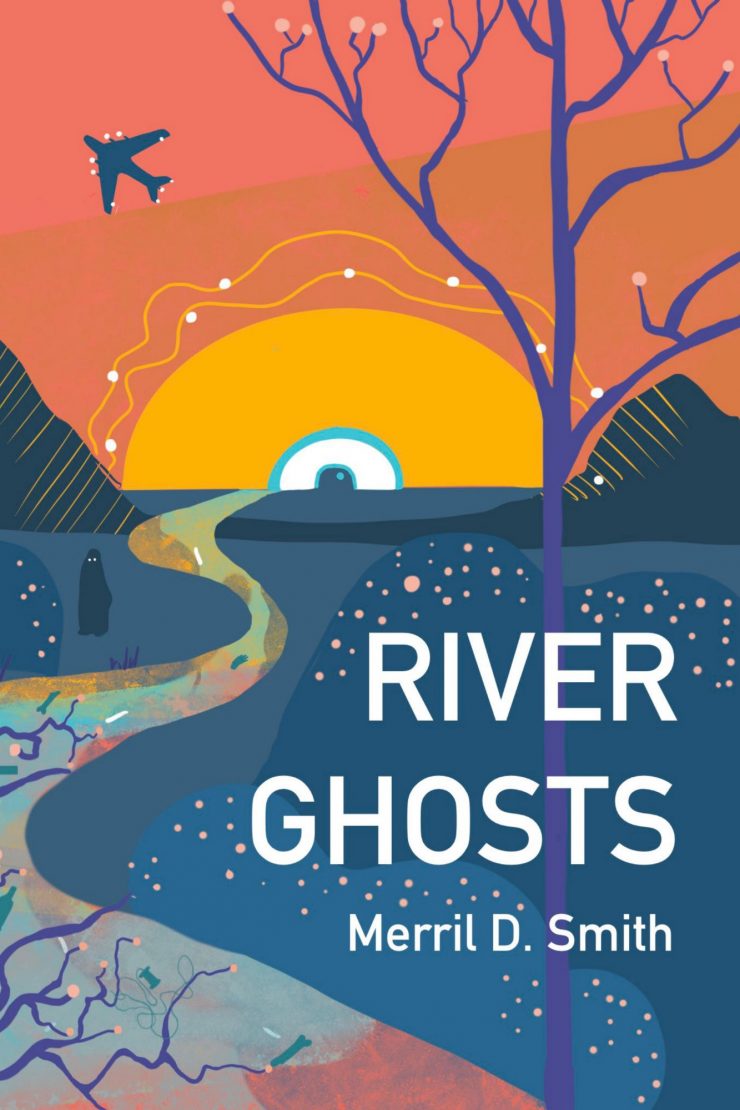Van Gogh ate his paint
worked quickly
and died
he was so sloppy so hungry
he couldn’t wait to free his palette
cover his canvases thick
he couldn’t wait for chrome-yellow love
infinite night-sky blue
to dry
he had to lick his light fresh.
as I cut onions into chunks—
never delicate, translucent slices—
coming down hard at irregular angles
gouging the board
mixing wood splinters in
I think about the unusual way
I’m told I have with a knife.
I bet Vincent tore into his bread
left his teeth marks in wedges of cheese
completely neglected on countless occasions
to clean up after himself.
and what’s wrong with big chunks of onion?
the savage charge of having to eat?
eyes burning, tears streaming
I see through it all—
the last temptation of light.
previously published in the Liberty Hill Poetry Review


